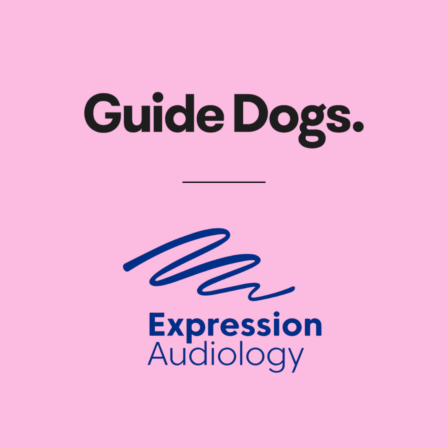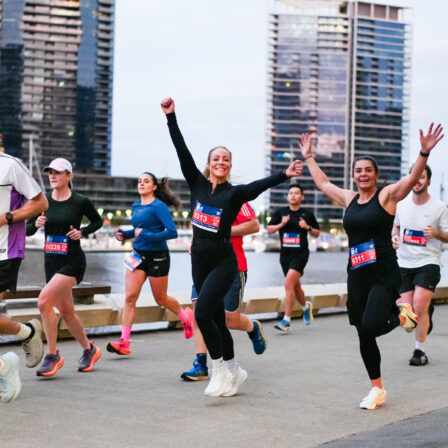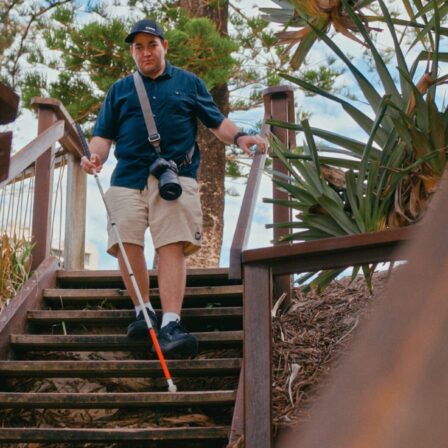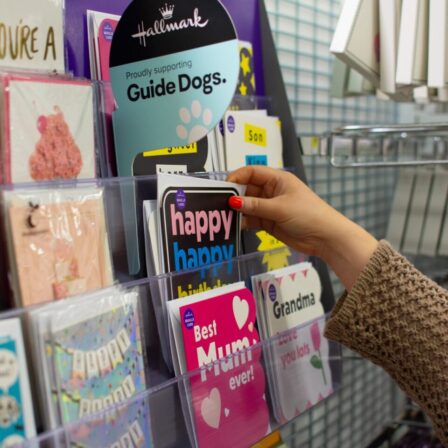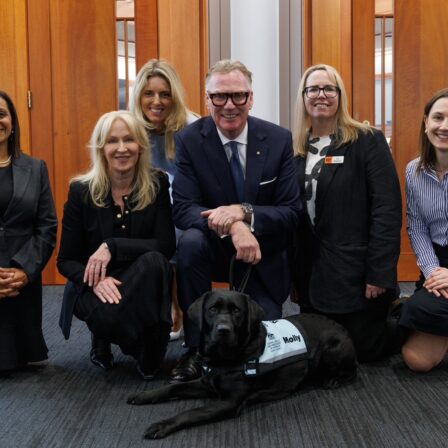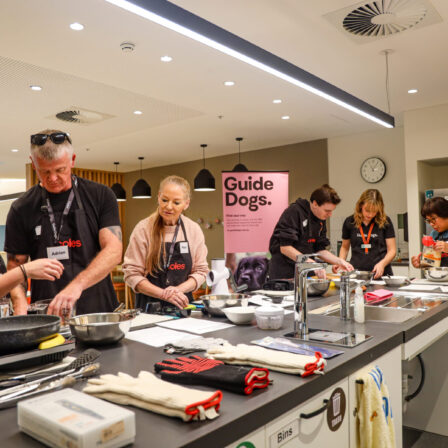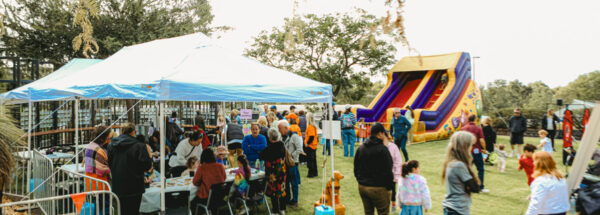News
The importance of the Vulnerable Persons Register (VPR) and who should use it
What is the Vulnerable Persons Register (VPR)?
The VPR provides personal care, support, and case management services across Victoria to people living in the community. The collaboration and coordination with local governments creates the ability for the police to access key information about individuals allowing for quick and effective emergency responses. Most natural disasters (floods, fires, earthquakes), terrorist acts, epidemics, or war-like events that endanger or threaten safety and health, destroys or damages property, or requires significant or coordinated responses, require the VPR.
But who is a vulnerable person?
A vulnerable person lives in the community and has physical or cognitive disabilities that may inhibit them from responding or comprehending an emergency. The best way to receive further information about the VPR is through your local council to begin the conversation with them directly.
Individuals can register independently, under the care of an agency, or through the council itself.
Most councils will have a VPR form to fill out on their website, or you can ring them directly for assistance. Some points to have prepared before contacting them include:
- A person they can contact for further information/assistance/support if needed
- Any special requirements and a description (e.g., guide dogs, cane use)
How to prepare for natural disasters
To relieve stress, get organised, and stay connected, preparing for natural disasters is essential. There are 4 main steps in which play a vital role in how you manage and stay prepared with an incoming threat of a natural disaster.
Step 1: Get in the know
This involves managing stress, identifying hazards, knowing emergency contacts, and ensuring your information about the emergency is up to date.
Step 2: Get connected
This involves growing your community and who you know, identifying a support network, and organizing meeting places.
Step 3: Get organised
Ensure you organise your insurance, important documentation, and have a plan if you are a young family or have any animals on your property.
Step 4: Get packing
Some suggestions for essentials include food and water, clothing, documentation, medication, first aid, money, etc.

